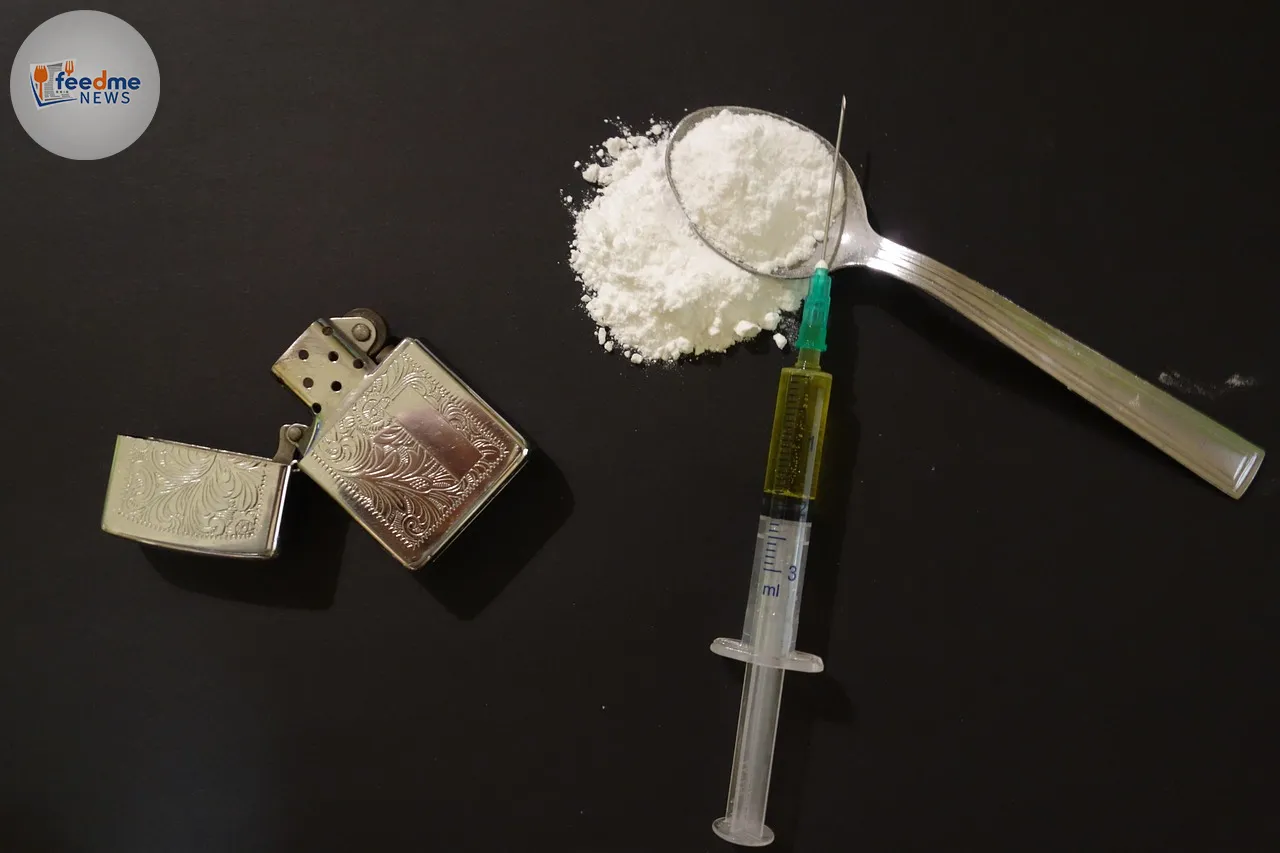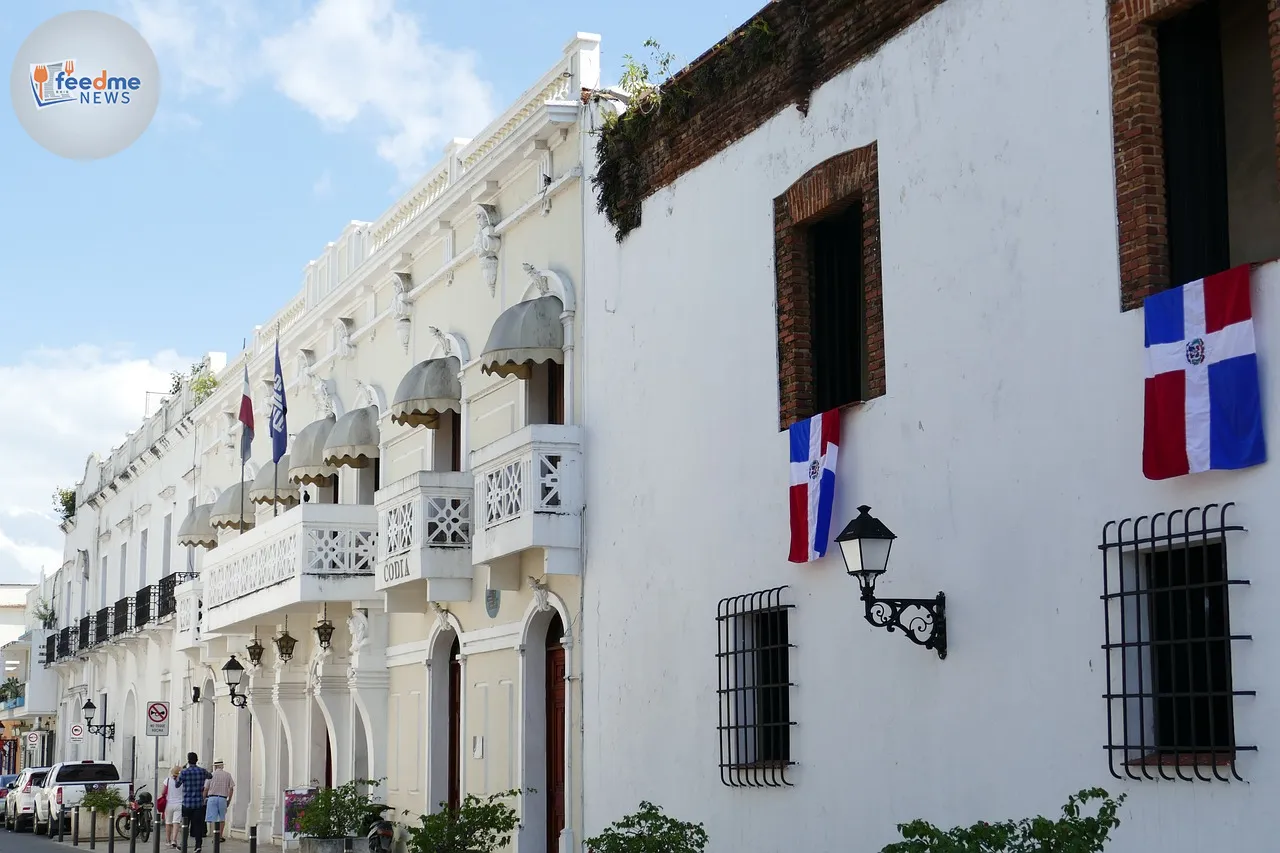A significant development in international drug enforcement unfolded as Mexican authorities extradited 29 drug suspects to the United States, including the infamous Rafael Caro Quintero. Known for his involvement in the 1985 murder of a US Drug Enforcement Administration (DEA) agent, Caro Quintero’s extradition marks a pivotal moment in the ongoing battle against drug cartels. The move comes amid mounting pressure from the US government, which had threatened sanctions if Mexico failed to take decisive action against drug-related violence.

Extradition Details and Implications
The extradition took place late Thursday, with Caro Quintero and 28 others arriving in New York under tight security. FBI agents escorted the suspects, highlighting the high-profile nature of the operation. The extradition is a result of extensive diplomatic negotiations between the US and Mexico, aimed at curbing the influence of powerful drug cartels operating across borders.
US officials have long sought Caro Quintero’s capture, especially after he was released from a Mexican prison in 2013 on a legal technicality. His release sparked outrage and a renewed push for justice for the family of the slain DEA agent, Enrique “Kiki” Camarena. The extradition is expected to strengthen US-Mexico relations in combating drug trafficking, a shared priority for both nations.
Background on Rafael Caro Quintero
Rafael Caro Quintero, often referred to as the “Narco of Narcos,” co-founded the Guadalajara Cartel in the 1980s. His cartel was responsible for smuggling vast quantities of marijuana and cocaine into the United States. Caro Quintero became infamous for orchestrating the brutal torture and murder of DEA agent Enrique Camarena, a crime that strained US-Mexico relations and led to one of the largest manhunts in history.
After his controversial release from prison, Caro Quintero reportedly resumed drug trafficking activities, evading authorities for years. His capture in 2022 was hailed as a significant victory for law enforcement agencies. The extradition now paves the way for him to face trial in the US, where he is expected to be charged with numerous drug-related offences and the murder of Camarena.
US Pressure and Sanction Threats
The extradition comes at a time when the US government, under the leadership of President Donald Trump, has been pressuring Mexico to intensify its crackdown on drug cartels. President Trump had threatened economic sanctions if Mexico did not show tangible progress in tackling drug-related crimes that spill over into US territory.
This diplomatic pressure has led to increased cooperation between US and Mexican law enforcement agencies, resulting in several high-profile arrests and extraditions. The US government views these actions as critical in disrupting the operations of drug cartels that pose a significant threat to both nations’ security and public health.
Reactions from Officials and Experts
US officials have lauded Mexico’s decision to extradite Caro Quintero and the other suspects, viewing it as a positive step towards dismantling transnational criminal networks. US Attorney General Merrick Garland stated, “The extradition of Rafael Caro Quintero and his associates underscores our commitment to ensuring that those who harm American citizens are brought to justice.”
Experts in international law and drug policy have also weighed in, noting that this extradition could serve as a deterrent to other drug lords operating with impunity. “This sends a clear message that no one is beyond the reach of justice,” said Maria Gonzalez, a professor of international law at Columbia University.
Future Implications and Challenges
While the extradition of Caro Quintero is a significant achievement, experts warn that the fight against drug cartels is far from over. Drug trafficking networks are highly adaptable, often finding new ways to smuggle drugs and evade law enforcement. The US and Mexico must continue their collaboration to address the root causes of drug violence and strengthen their legal frameworks to prosecute offenders effectively.
The extradition may also influence future diplomatic relations between the US and Mexico, potentially leading to more joint operations and intelligence sharing. As both countries navigate the complexities of drug enforcement, the extradition of high-profile figures like Caro Quintero could serve as a model for international cooperation against organised crime.
In conclusion, the extradition of Rafael Caro Quintero and 28 other suspects signifies a crucial step in the battle against drug cartels. It represents the culmination of years of diplomatic efforts and law enforcement collaboration between the US and Mexico. As the legal proceedings unfold, the international community will be watching closely, hopeful that this will lead to further successes in the fight against drug trafficking and its associated violence.





